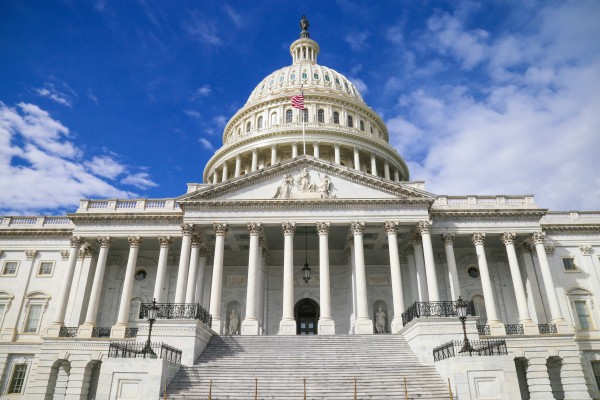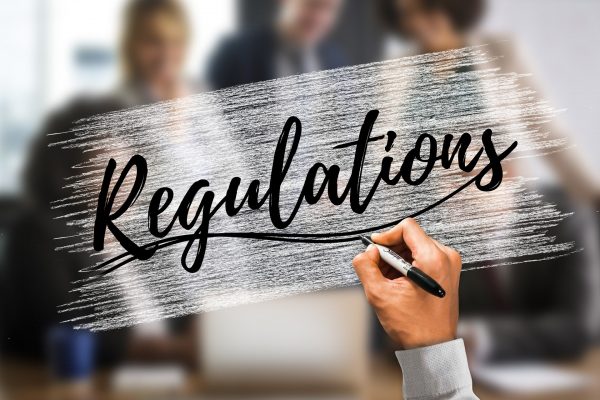Policy Memo: Federal Reserve Lending Facility for States and Localities
AFR Education Fund released the following policy memo analyzing the Federal Reserve’s unprecedented move to provide direct credit to states and localities.

AFR Education Fund released the following policy memo analyzing the Federal Reserve’s unprecedented move to provide direct credit to states and localities.

As organizations that represent the interests of American workers, small businesses, and consumers we applaud Representative Jayapal on a bill that finally puts American workers and small businesses ahead of corporations. This is exactly the type of program we need to keep people on payroll and connected to their important health benefits, address our ballooning unemployment, and lay the foundations for economic recovery.

Hundreds of thousands of small businesses shuttered by COVID-19 are at risk of closing for good in the coming weeks without direct subsidies. Very small businesses and those with historically limited access to capital are especially vulnerable. With little or no revenue coming in, entire sectors of the small business economy face extinction. Tens of millions of jobs are at stake – along with health care, sick leave, retirement, and other important benefits.


A letter signed by 36 consumer, civil rights, community, housing, and other public interest organizations asking FHFA to prioritize providing in-language resources on COVID-19 relief options and outreach so that borrowers with limited English proficiency will be able to understand their options and access the help they need to weather this unprecedented public health crisis.



AFR joined 39 other organizations urging Congress to staff the five-member panel tasked with monitoring the corporate bailout with members who have experience with oversight and/or investigations and have proven commitment to principles of transparency and accountability.


The National Consumer Law Center, Americans for Financial Reform Education Fund, the National Fair Housing Alliance and 33 other consumer, civil rights, and housing counseling groups sent a letter today calling on the Federal Housing Finance Authority (FHFA) to step up its efforts to translate key mortgage notices needed by borrowers hit hard by the COVID-19 pandemic.


Congress needs to resist calls from private equity executives to gain access to pandemic-related bailout programs. Private equity-owned firms are not comparable to ordinary small businesses, who cannot draw on deep-pocketed Wall Street owners who could support them if they chose to do so. Private equity (PE) funds are pooled investment funds managed by Wall Street firms that purchase operating companies. Prominent examples of private equity-owned portfolio companies include Toys ‘R Us, Shopko, and TeamHealth.
The track record of private equity funds demonstrates that these firms will wherever possible seek to divert income streams, including government support, to wealthy private equity executives rather than supporting employment and customer service at portfolio firms.


The proposed CRA rules would substantially undermine the very purpose of the statute by weakening the requirements that banks meet the credit needs of the communities where they operate, including low- and moderate-income (LMI) areas.


The CARES Act stimulus continues a pattern of permissive regulation of large corporations that has enabled them to channel their income to providing capital payouts to wealthy shareholders and top executives, rather than support for workers or investment towards the long-term stability and success of the firms.


Every federal agency must dedicate all regulatory resources to addressing COVID-19 and the enforcement of rules meant to protect public health, consumers, investors and retirees, and the integrity and stability of the markets. The pursuit of any non-crisis-related rulemaking would be a misallocation of limited resources that distracts needed focus from U.S. public health and welfare, and financial stability.